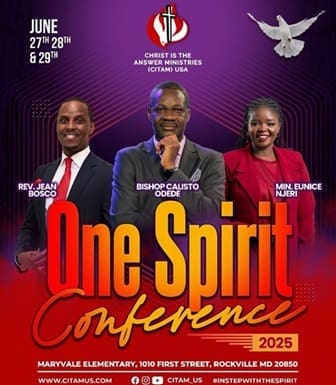
The Supreme Court on Monday, September 5, vindicated IEBC chairman, Wafula Chebukati and questioned why the four IEBC commissioners led by vice-chair, Juliana Cherera participated in the electoral process until the 11th hour when they disowned the outcome of the presidential results.
The Supreme Court termed the dispute between the commission as last-minute boardroom rapture. The court, however, ruled that the dissension was not sufficient enough to prove that the election was compromised.
“IEBC needs far-reaching reforms. However, are we to nullify an election because of a last-minute boardroom rapture? This we cannot do.”
“All the petitioners contend that the walkout by the four commissioners called to question the credibility of the entire election. We note that apart from their 11th-hour denunciation there is no proof that the election was compromised,” read part of the judgment.
In its presidential petition, the Azimio la Umoja coalition had poked holes into Chebukati’s mandate in the declaration of the IEBC results without the final tallying of 27 constituencies.
Further, the coalition argued that its chief agent, Saitabao Ole Kanchory had declined to sign the final Form 34 C over several discrepancies that the IEBC had not addressed.
The coalition disputed the outcome of the polls and sought the apex court to overturn the outcome of the August 9 polls.
The Raila-led coalition wanted the court to declare Chebukati unfit to hold public office.
During submissions, the issue of Chebukati’s veto powers was debated, with Azimio’s legal team maintaining that the Commission comprises the chair and the six other members.
Justice Njoki Ndung’u pressed the IEBC legal team to explain why Chebukati wielded so much power rendering the rest of the commission almost powerless and assigning them domestic duties.
She put to task the former Attorney General, Prof Githu Muigai to explain why the narrative in court was that Chebukati was a super powerful commissioner and the extent of his authority.
“What is the check for this powerful commissioner if the other commissioners have nothing to do with his role? What is the role of the other commissioners since it seems the chairperson works closely with the CEO who was not vetted by parliament and I don’t think that was the role of the drafters of the constitution,” Justice Ndung’u posed.
In a rejoinder, Muigai noted that Chebukati enjoyed executive authority in the execution of his duties. He compared Chebukati’s powers to that of the Chief Justice in the Judicial Service Commission (JSC).
“It is very similar to the JSC, which in theory is a corporate body, but in day-to-day functioning, the Chief Justice has executive authority and makes decisions over it,” Muigai stated.
By
Source-https://www.kenyans.co.ke/








